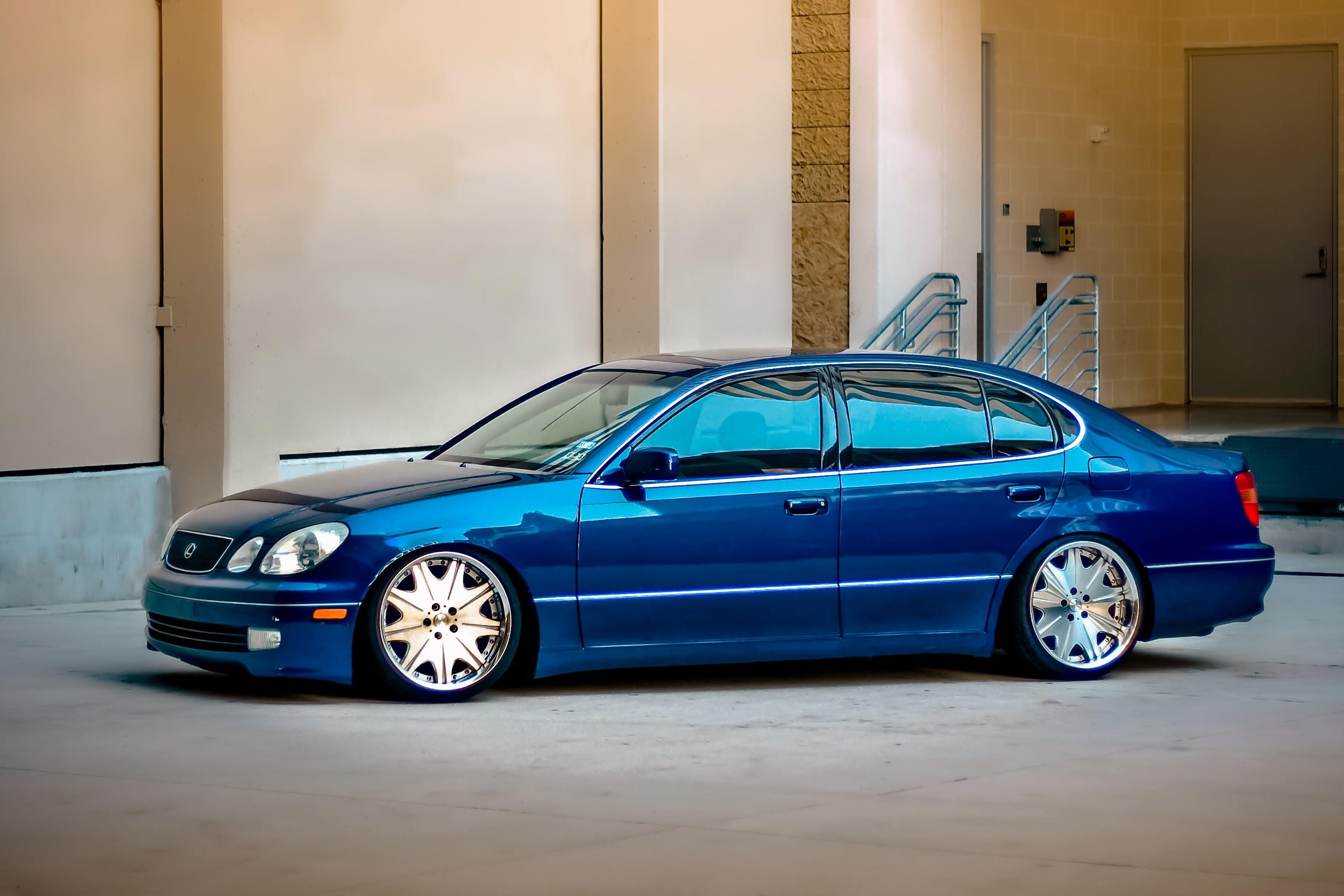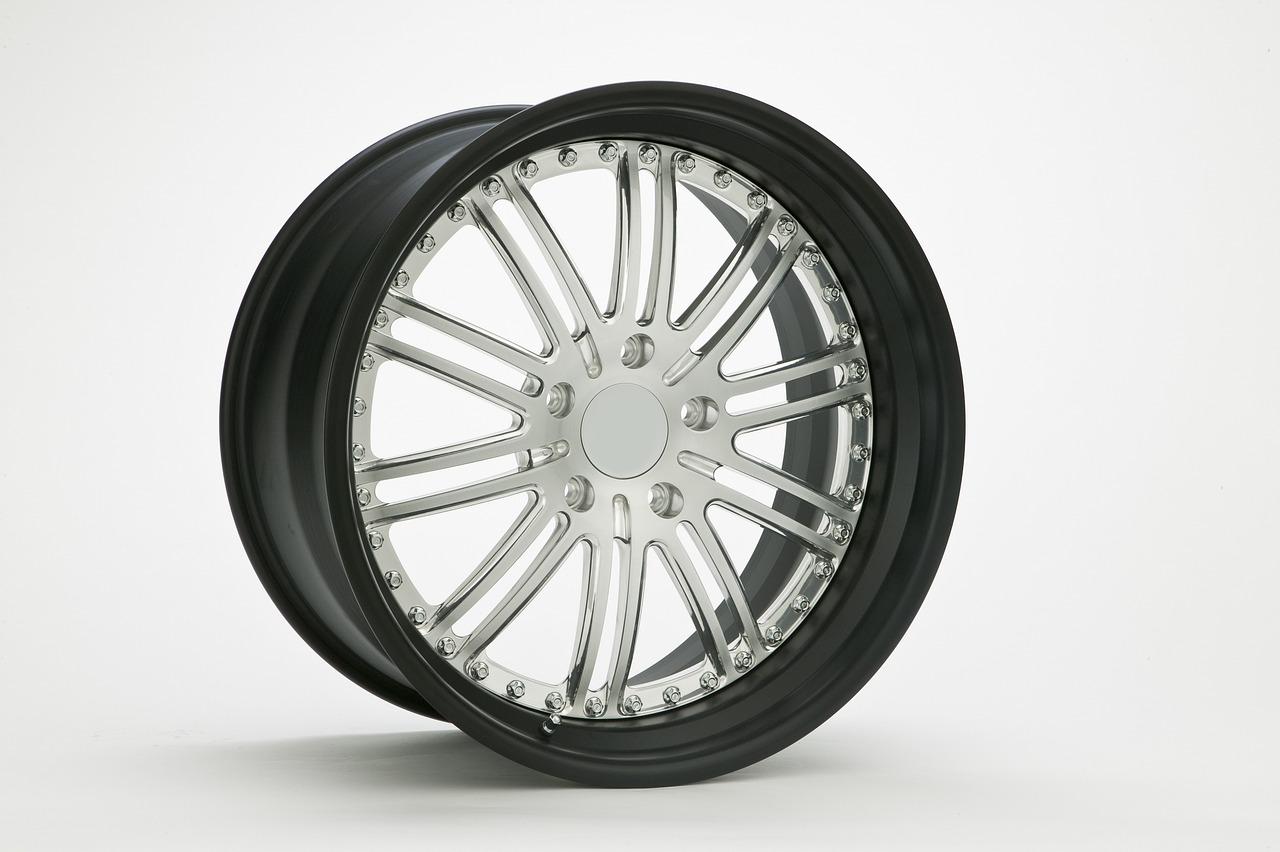Picture this: you’re cruising down the street, turning heads left and right, and giving your car that extra bit of style with a new set of rims. But before you make that purchase, you might find yourself wondering, “Can I put 20 inch rims on my car?” Well, fret not, because we’re here to break it down for you.
In this blog post, we’ll dive into the world of rims and tires, exploring the pros and cons of upgrading to 20 inch rims. We’ll also address common concerns like whether bigger rims are better or worse for your vehicle’s performance. If you’ve ever wondered about the impact of wheel size on off-road capabilities, we’ll touch on that too. So, buckle up and get ready to discover all the answers you need to make an informed decision about upgrading your car’s wheels.
Can I Put 20-Inch Rims on My Car
So, you’ve got this burning desire to upgrade your car’s style and performance with some flashy new rims. You’ve been eyeing those cool 20-inch wheels that would turn your ride into a head-turning beast on the roads. But wait! Before you dive headfirst into the world of big rims, let’s take a closer look at whether your car can handle the swag of these larger-than-life wheels.
The Spacing Conundrum: Will They Fit
One of the first things you need to consider when contemplating 20-inch rims for your car is whether they’ll actually fit in the first place. You don’t want to end up with a car that looks like it’s constantly on the verge of bursting at the seams, do you?
To find out if your dream rims can be a reality, you’ll need to measure the clearance between your car’s wheel wells and fenders. If there’s enough space to accommodate the larger rims without risking any rubbing or scraping, you’re well on your way to rolling in style.
The Weighty Issue: Can Your Car Handle It
Bigger rims mean bigger weight. And your car, dear friend, may not appreciate the added pounds. You see, your vehicle was designed to handle a specific weight distribution, and throwing on massive rims could disrupt its delicate balance.
Before you go wheel-crazy, make sure to consult your car’s user manual or talk to an expert who can tell you the maximum allowable wheel size for your specific model. Remember, you don’t want your car to sag like your grandpa’s baggy pants after Thanksgiving dinner.
The Speedometer Secret: Will It Play Tricks on You
Ah, the joys of messing with your car’s brains! When you increase the diameter of your rims, you also alter the circumference of your wheels. And guess what? That affects your speedometer readings.
With larger rims, your wheels cover more ground with each revolution, making it seem like you’re going slower than you actually are. While this might sound tempting for those wanting to avoid pesky speeding tickets, it’s an open invitation for potential confusion and even danger on the road.
To keep things legal and safe, consider recalibrating your speedometer or consulting a professional to ensure your car keeps up with its real speed, rather than living in a perpetual state of wheel-induced delusion.
The Suspension Story: Will It Ruin Your Ride
Suspension is the unsung hero that keeps your car smoothly gliding over bumps and potholes. But when you mess with the size of your rims, you may end up messing with your car’s suspension system too.
Bigger rims often mean lower-profile tires, sacrificing some of that precious cushioning effect. Prepare yourself for a ride that’s less forgiving, where you’ll feel every imperfection on the road. So, unless you want your dreams of a smooth ride to turn into a teeth-jarring nightmare, it’s crucial to weigh the pros and cons before swapping your stock rims for larger alternatives.
The Bottom Line: Proceed with Caution
Congratulations, my friend, for making it through the 20-inch rim roller coaster! It’s clear that putting larger wheels on your car can be a thrilling experience, but it also comes with its fair share of risks and considerations. From finding the right fit to ensuring sufficient weight capacity, recalibrating the speedometer, and assessing the impact on your suspension, there’s a lot to mull over.
So, before you go all Fast and Furious on your car, take a step back and contemplate the potential consequences. It’s always a good idea to consult professionals who can guide you through the process and provide expert advice tailored to your specific vehicle.
With careful planning and a clear understanding of the potential effects on your car, you can certainly rock the 20-inch rims and turn heads wherever your wheels take you. Just remember, a smooth ride and a stylish look go hand in hand, so proceed with caution and enjoy the journey!
Can I put 20 inch rims on my car
Thinking of pimping up your ride and wondering if you can put those flashy 20 inch rims on your car? Well, buckle up because we’ve got all the answers to your burning questions about wheel size. From the off-road capabilities of 18 inch wheels to the compatibility of 18 inch rims on a 17-inch car, we’ll cover it all. So sit back, relax, and let’s dive into FAQs on wheel upgrades!
Are 18 Wheels Good for Off Road
If you’re planning to take your vehicle off the beaten path and conquer rugged terrains, you might be wondering if 18 inch wheels are up to the task. The truth is, the larger the wheel, the smaller the tire sidewall, which can compromise the tire’s ability to absorb shocks and bumps. So, while 18 inch wheels can handle some moderate off-roading, they may not offer the same level of performance as smaller wheels designed specifically for tackling rough terrain.
Can You Put 18 Inch Rims on a 17-inch Car
Ah, the age-old question of mixing and matching wheel sizes! While it may seem tempting to slap on a set of 18 inch rims on your 17-inch car, it’s not recommended. Each vehicle is engineered with specific wheel and tire dimensions in mind, and deviating from the manufacturer’s recommendations can lead to handling issues, decreased performance, and even potential damage to your car. So, it’s best to stick to the recommended wheel size for your particular make and model.
What is the Benefit of 20 Inch Wheels
Now, let’s talk about those shiny 20 inch wheels that have caught your eye. One of the main benefits of upgrading to 20 inch rims is the improved aesthetics. They can give your car a sleek, sporty look and make heads turn wherever you go. Additionally, larger wheels can enhance handling and cornering performance, thanks to their wider contact patch with the road. Just be mindful that larger wheels can also affect ride comfort and fuel efficiency, so it’s essential to find the right balance for your driving preferences.
Can You Replace 17 Inch Rims with 20 Inch
Are you daydreaming about swapping your stock 17 inch rims for those jaw-dropping 20 inch bad boys? While it may be possible to install larger rims on your car, it’s crucial to consider the implications. As discussed earlier, larger wheels can impact ride quality, fuel efficiency, and even the accuracy of your speedometer. Moreover, the increased weight of larger rims can put additional strain on your suspension and brakes. It’s always recommended to consult with an automotive professional who can guide you through the process and ensure everything fits and functions properly.
Are Bigger Rims Better or Worse
Bigger doesn’t always mean better, especially when it comes to rims. While larger wheels may offer improved handling and a more aggressive appearance, they also come with their downsides. Larger rims can make your ride feel stiffer and less forgiving over bumps, potholes, and uneven surfaces. Additionally, they can be more susceptible to damage from road hazards, such as curbs and debris. So, it’s crucial to strike the right balance between style and practicality when choosing your wheel size.
What Happens if I Put Bigger Rims on My Car
Thinking of defying gravity by slapping on those oversized rims? Well, brace yourself for potential consequences. When you install larger wheels on your car, the overall diameter of the tire increases. This alteration can throw off your speedometer readings, affect your vehicle’s acceleration and braking performance, and put additional strain on your suspension components. Moreover, larger rims can result in a harsher ride quality, as they prioritize performance and aesthetics over comfort.
Are 16 or 17-inch Wheels Better
Ah, the eternal debate of 16 vs. 17-inch wheels! The right wheel size for your car depends on various factors, such as your driving style, the type of roads you frequent, and your personal preferences. In general, 16-inch wheels offer a smoother ride and better sidewall cushioning, which is beneficial for everyday driving and city commutes. On the other hand, 17-inch wheels provide enhanced cornering abilities and a more aggressive look, making them popular among sportier car enthusiasts. Ultimately, the choice boils down to your specific needs and desires.
There you have it, folks – a comprehensive FAQ-style guide to satisfy your curiosity about upgrading your wheels. From the implications of installing larger rims to the off-road capabilities of different wheel sizes, we’ve covered it all. Remember to consider factors like performance, comfort, and compatibility before making any decisions. Now, go forth and make your wheels truly shine, whether they’re 18, 20, or somewhere in between. Safe travels on the road, and may your style always be in tune with your ride!

